Over the past few years I've been called upon to write obituaries for QPTV producers and employees who have passed away: Ms. Aliye Ak, Nancy Littlefield, Bernard Sydnor, Claire Vogel, Carl Angeleri, Carole Auletta and recently, Walter Sysak. Sadly, I've become quite adept at writing obituaries and letters of condolence whereby one of my co-workers said to me recently, "Cliff when I die I want you to write my memorial."
My first such tribute was written for my dad, George Louis Jacobs, Sr. who transitioned in August of 1984. Usually, the first eulogy is the hardest to write, yet four years later when I wrote one for my mom, Dorothy Jacobs, I found it to be more difficult than the first. Moms will do that to you. This past week I had to write a eulogy for Walter Sysak a fellow co-worker, who died the Sunday after New Year's Day. I thought about the Walter that I knew and the words flowed effortlessly from my pen. The tribute was written primarily for the benefit of the staff, producers and directors of QPTV. Yesterday I attended Walter's wake and to my surprise, the tribute that I wrote was framed and placed in the receiving room where Walter lay in eternal rest. I was humbled by the fact that my words had been framed by his family and was given a prominent place in the funeral home. This filled me with both sadness and joy: joy because I was honored that they used my tribute; sad because I'm getting too good at writing these things. Most families prefer to write their own tribute to their loved one, so I was honored that mine was used. I never mentioned to the family that it was I who wrote the tribute to Walter, but the word eventually got around and the Sysak's thanked me for my kind words.
This past Summer I visited the Rubin Museum in Manhattan where on display was an exhibit entitled: Remember You Must Die (Memento Mori). The exhibit viewed death from the ethos of both Eastern and Western culture, particularly as depicted in representational art. There was a book on display titled: The Book of Eulogies. It is an anthology devoted to memorial tributes, eulogies, poetry and letters of condolence. The book is not an exercise in morbidity, as you may think, but a celebration of life. It contains eulogies for Socrates, George Washington, Beethoven, Malcolm X, Pierre-Auguste Renoir, Emily Dickinson, Eleanor Roosevelt and many, many more. A wonderful collection of elegies to the departed. Notes of solemnity are usually heard or experienced in musical form by listeners of classical music. Composers like Mozart, Gyorgy Ligeti, Verdi, and Benjamin Britten have all written requiems, a requiem being a Mass for the Dead. Even Andrew Lloyd Weber, whose work I seldom enjoy, has written a Requiem that is classical in form and is also quite good. But we as individuals are usually called upon to write simpler notes; notes to be read or spoken - not sung.
Perhaps no letter ever written expresses sympathy so well as the letter to Mrs. Bixby from Abraham Lincoln on the the loss of her five sons on the field of battle during America's Civil War:
November 21, 1864
Executive Mansion, Washington
Dear Madam,
I have been shown in the files of the War Department a statement of the Adjutant General of Massachusetts that you are the mother of five sons who have died gloriously on the field of battle. I feel how weak and fruitless must be any word of mine which should attempt to beguile you from the grief of a loss so overwhelming. But I cannot refrain from tendering you the
consolation that may be found in the thanks of the Republic they died to save. I pray that our Heavenly Father may assuage the anguish of your bereavement and leave you only the cherished memory of the loved and lost and the solemn pride that must be yours to have laid so costly a sacrifice upon the altar of freedom.
Yours, very sincerely and respectfully,
A. Lincoln
The authorship of the letter has been a point of debate for many years, some attribute the letter to John Hay, Lincoln's private secretary. And there was always a lingering question as to whether Mrs. Bixby's five sons actually died in the war. While two may, indeed, have died on the field of battle, the other two may have deserted with the fifth son receiving an honorable discharge. Be that as it may, the sentiments expressed in the letter have transcended time and have become immortal.
In our youth death is foreign to us; it's something that happens to older people. Rarely, as children, do our peers pass away. But as we continue to advance into higher age brackets we find that death is always at arm's length. Don Juan, the Yaqui brujo, introduced to us by the anthropologist Carlos Castaneda, says that death is a constant companion lurking just over our left shoulder, he (death) is an old friend who comes, from time to time, to collect our family and friends and who will one day arrive to collect each one of us.
Certainly, Freemasonry has helped me to cope with and understand the mystery of death. The central motif of our time honored mythology & philosophy focuses on the final hours of the Fraternity's heroic Patriarch: H.A. Millions of Freemasons around the world re-enact the story of the Master Builder who was slain because he would not abandon his integrity. We learn that the body is dross matter, that is to say: it is nothing without the indwelling spirit. It is the spirit that animates matter and that, which we place in the ground after death, is the seed of a new life, and our spirit returns to that place from whence it came.
As we say in Freemasonry (borrowing from Shakespeare's Hamlet) we are told to remember that "..we are travelling on the level of time to that undiscovered country from whose bourne no traveller returns."
Et In Arcadia Ego
Clifford Jake Jacobs
Have Pen, Will Write
Scribo Ergo Sum














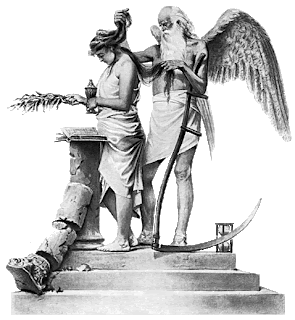


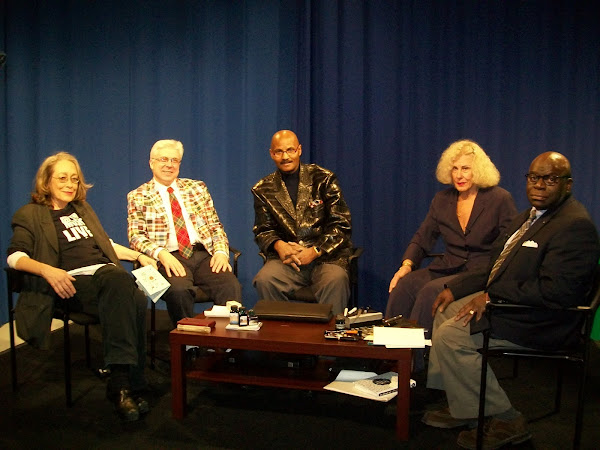

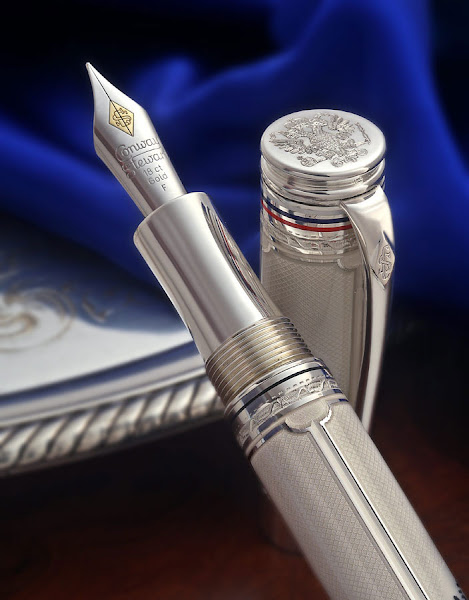

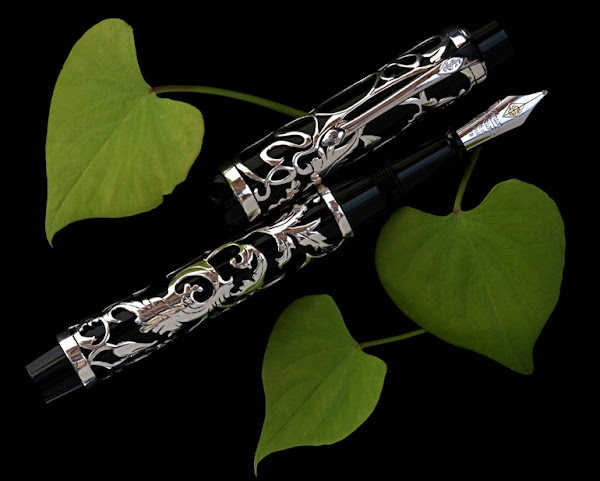

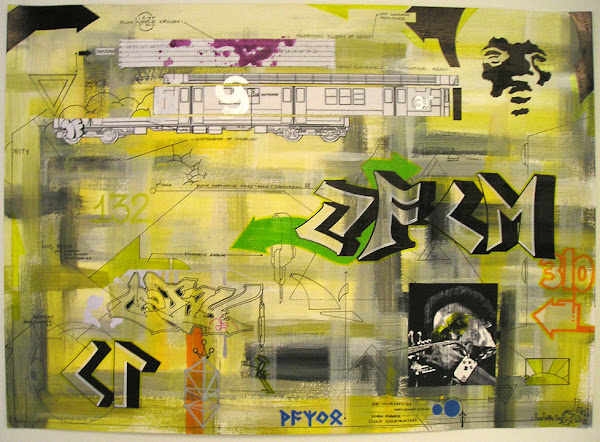.jpg)



2 comments:
From a very young age, around 9 or so, I began to worry about death; and attempting to figure out this mystery is what prompted me to join Freemasonry at 22. Death still frightens me, to say the least. I try hard to delude myself that this is all one big dream that I will wake up out of, and into a place where death doesn't exist and is a foreign concept. I have my God-fearing days, my God-loving days, and my Atheist days, but the only thing I'm sure of thus far is that I have numbered days...
Great article indeed! Death is the only inevitable thing in our lives and yet we still trying to avoid.
I live a house looking over a green cemetery and my friends visiting the house generally ask me "Don't you afraid, or Don't you become uncomfortable?" Never ever. Because according to Mevlana, death is the day you met with the Lover, death is the day, a bird leaves its cage and freely flies in the sky.
Post a Comment